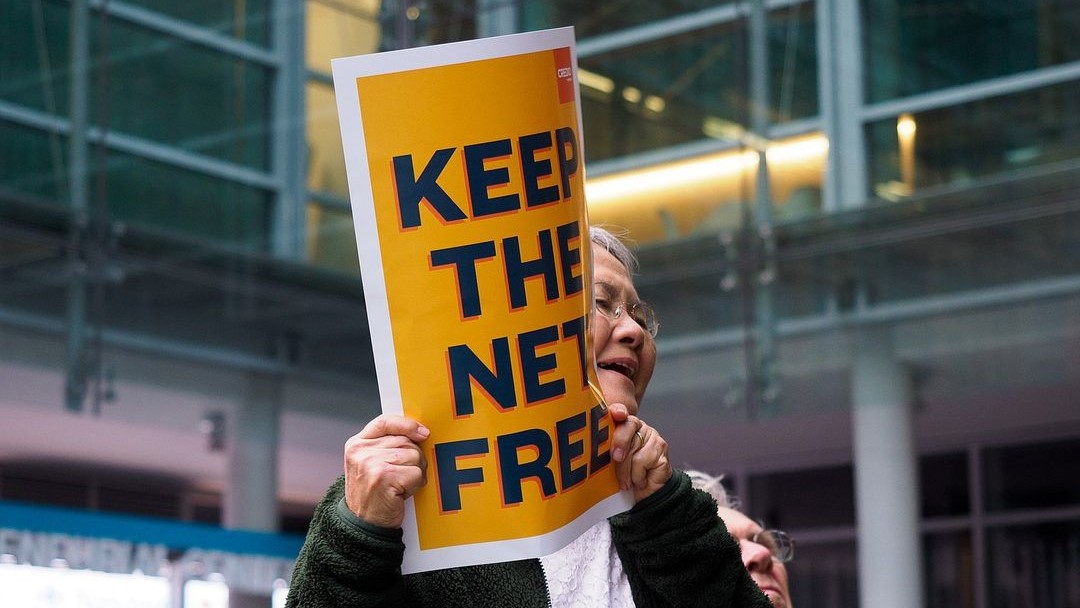
What you need to know
- The FCC announced that it has voted in favor of restoring net neutrality across the country.
- A press release states the FCC will begin to ensure ISPs no longer block or throttle a user's internet access while also becoming more active in service outages.
- The FCC's vote states it can create a "national standard" where the internet becomes an "essential service" across the U.S.
The Federal Communications Commission (FCC) settled a vote today (April 25) to restore net neutrality in the country.
According to the FCC, the restoration places the internet back under the agency's "Title II telecommunications service" classification. The FCC states this will allow it to "protect consumers, defend national security, and advance public safety."
The current FCC Chairwoman, Jessica Rosenworcel, provided a statement to AP News, saying that "in our post-pandemic world, we know that broadband is a necessity, not a luxury." The measure had reportedly passed with a 3-2 split by party lines.
With net neutrality back on the table, there are a few factors that consumers should be aware of regarding their internet access and broadband networks.
The FCC states the vote's choice to restore neutrality "prohibits" internet providers from "blocking and throttling" a user's speeds and activities. Additionally, services can no longer pay to prioritize lawful content over others.
Regarding service outages, the FCC adds it can now play an active role in figuring out how to restore the internet for affected users.
The other side of things involves the FCC's ability to oversee national security. The press release states the government body has regained the ability to "revoke the authorizations of foreign-owned entities who pose a threat to national security to operate broadband networks in the U.S."
Lastly, the FCC's successful vote states it can now create a "national standard" where the internet is treated as an "essential service.
Today we voted to restore Net Neutrality. This reestablishes a national open internet standard to protect consumers, defend national security, and advance public safety. https://t.co/moRpznTDEdApril 25, 2024
This has been a long road, as the FCC's rules were previously put in place in 2015 courtesy of then-Chairman Tom Wheeler. However, two years later, in 2017, the FCC voted to remove all such rules, taking us back to a time when ISPs could dictate certain aspects of our internet service. The only requirement was that internet services had to state publicly that they were going to block or throttle service.
After the Trump administration stripped away net neutrality rules, talks to bring them back reignited in 2021 after the Biden Administration produced a wide-ranged executive order calling the FCC to reinstate its rules. For context, net neutrality ensures that all users have the same level of access and browsing speeds when surfing the web. As we've seen following today's vote, ISPs can no longer throttle or block anything a user chooses to engage with.







